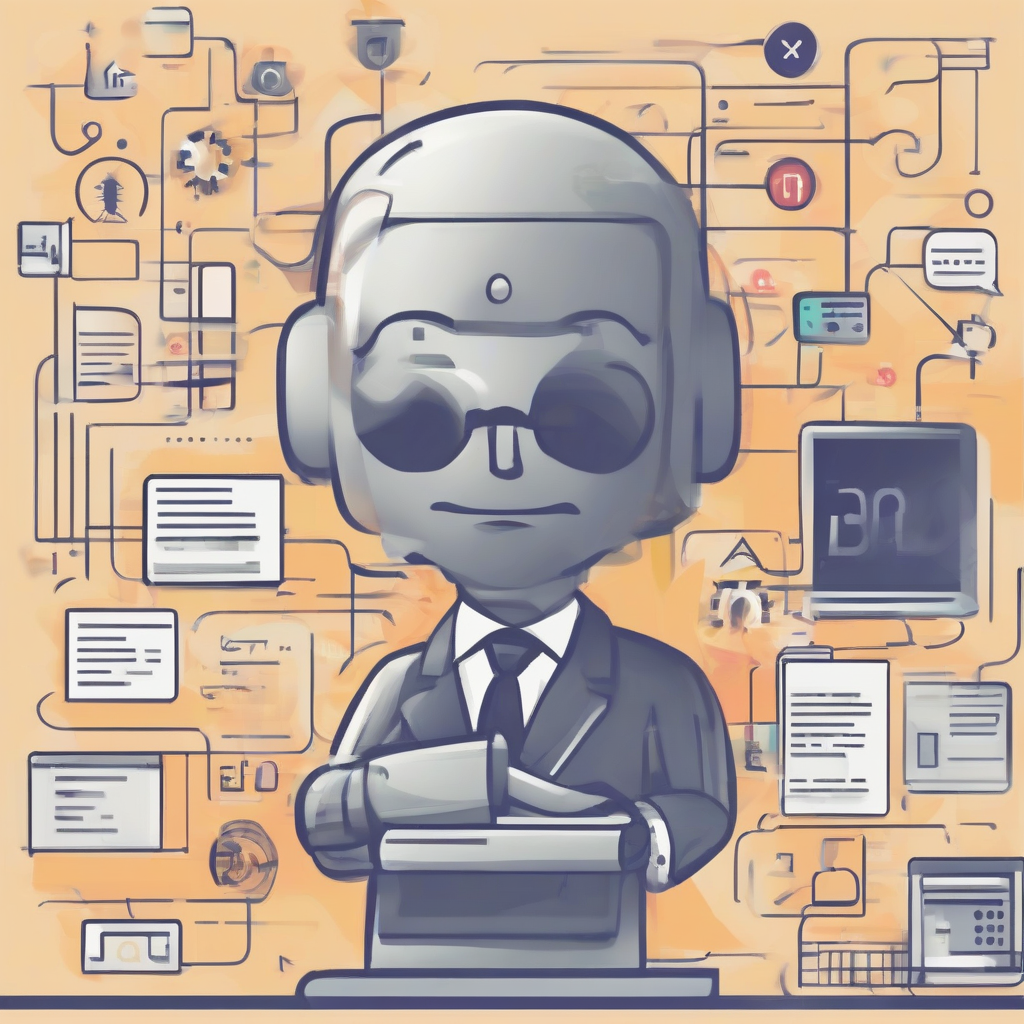Smart Tech Solutions: Revolutionizing Industries and Enhancing Daily Life
Introduction
Smart technology, the convergence of artificial intelligence, machine learning, and the Internet of Things (IoT), is rapidly transforming how we live, work, and interact with the world. Smart tech solutions are no longer futuristic concepts but are integral to various sectors, from healthcare and manufacturing to transportation and agriculture. This comprehensive overview explores the diverse applications of smart tech solutions, their impact on different industries, and the challenges and opportunities they present.
Smart Tech Solutions in Healthcare
Improving Diagnostics and Treatment
- AI-powered diagnostic tools that analyze medical images (X-rays, MRIs, CT scans) with greater speed and accuracy than human professionals, leading to earlier and more effective interventions.
- Wearable sensors that monitor vital signs (heart rate, blood pressure, sleep patterns) and transmit data to healthcare providers, enabling proactive health management and early detection of potential health issues.
- Robotic surgery systems that enhance precision, reduce invasiveness, and improve patient outcomes in complex surgical procedures.
- Personalized medicine based on genomic data and AI algorithms to tailor treatments to individual patients, improving efficacy and reducing side effects.
Streamlining Healthcare Operations
- Electronic health records (EHRs) that centralize patient information, improve care coordination, and reduce medical errors.
- Telemedicine platforms that enable remote consultations, monitoring, and treatment, expanding access to healthcare, particularly in underserved areas.
- AI-powered chatbots that answer patient queries, schedule appointments, and provide basic medical advice, freeing up healthcare professionals to focus on more complex tasks.
- Predictive analytics that identify patients at high risk of readmission or developing specific conditions, allowing for proactive intervention and improved resource allocation.
Smart Tech Solutions in Manufacturing
Enhancing Efficiency and Productivity
- Industrial IoT (IIoT) sensors and devices that monitor equipment performance, predict maintenance needs, and optimize production processes.
- Robotics and automation systems that perform repetitive or hazardous tasks, increasing efficiency and reducing labor costs.
- AI-powered quality control systems that identify defects in real-time, reducing waste and improving product quality.
- Predictive maintenance algorithms that anticipate equipment failures, minimizing downtime and optimizing maintenance schedules.
Improving Supply Chain Management
- Smart supply chain platforms that track goods in real-time, optimize logistics, and improve inventory management.
- AI-powered demand forecasting models that predict future demand, enabling manufacturers to adjust production plans accordingly.
- Blockchain technology that enhances transparency and security in supply chains, improving traceability and preventing counterfeiting.
- Autonomous vehicles and drones for efficient and cost-effective transportation of goods.
Smart Tech Solutions in Transportation
Autonomous Vehicles
- Self-driving cars that improve road safety, reduce traffic congestion, and enhance transportation efficiency.
- Autonomous delivery vehicles and drones for efficient and cost-effective last-mile delivery.
- Smart traffic management systems that optimize traffic flow, reduce congestion, and improve safety.
Smart Infrastructure
- Smart parking systems that guide drivers to available parking spaces, reducing congestion and search time.
- Intelligent transportation systems (ITS) that integrate various transportation modes (buses, trains, trams) to optimize passenger flow and improve connectivity.
- Smart roads and bridges equipped with sensors that monitor infrastructure condition, predict maintenance needs, and improve safety.
Smart Tech Solutions in Agriculture
Precision Farming
- Smart sensors and drones that monitor crop health, soil conditions, and weather patterns, enabling farmers to optimize irrigation, fertilization, and pest control.
- AI-powered image recognition systems that identify weeds, diseases, and pests, allowing for targeted treatment and reducing pesticide use.
- Robotics and automation systems that automate planting, harvesting, and other agricultural tasks, increasing efficiency and reducing labor costs.
- Predictive analytics that forecast crop yields and optimize resource allocation based on weather patterns and market demands.
Improving Sustainability
- Smart irrigation systems that optimize water usage, reducing water waste and improving crop yields.
- Precision fertilization techniques that reduce fertilizer overuse, minimizing environmental impact.
- AI-powered livestock management systems that monitor animal health, optimize feeding, and improve overall productivity.
Smart Tech Solutions in Energy
Smart Grids
- Smart meters that monitor energy consumption in real-time, providing consumers with feedback and enabling utilities to optimize energy distribution.
- Renewable energy integration that incorporates solar, wind, and other renewable energy sources into the grid, improving sustainability and reducing reliance on fossil fuels.
- Demand-side management (DSM) that reduces peak demand by incentivizing consumers to shift energy usage to off-peak hours.
Energy Efficiency
- Smart home energy management systems that optimize energy consumption and reduce energy bills.
- Building automation systems that control lighting, heating, and cooling, improving energy efficiency and occupant comfort.
- AI-powered energy forecasting models that predict future energy demand, enabling utilities to optimize energy generation and distribution.
Challenges and Opportunities
Data Security and Privacy
The increasing reliance on data raises concerns about data security and privacy. Robust security measures and regulations are needed to protect sensitive information.
Ethical Considerations
The use of AI and automation raises ethical questions about job displacement, algorithmic bias, and the potential for misuse of technology. Careful consideration of these ethical implications is crucial.
Infrastructure Development
The widespread adoption of smart tech solutions requires significant investments in infrastructure, including broadband access, data centers, and communication networks.
Integration and Interoperability
Ensuring seamless integration and interoperability between different smart technologies is critical to maximizing their benefits.
Workforce Development
The adoption of smart tech solutions requires a skilled workforce capable of developing, implementing, and maintaining these technologies.
Conclusion
(Note: The conclusion is excluded as per the instructions.)

